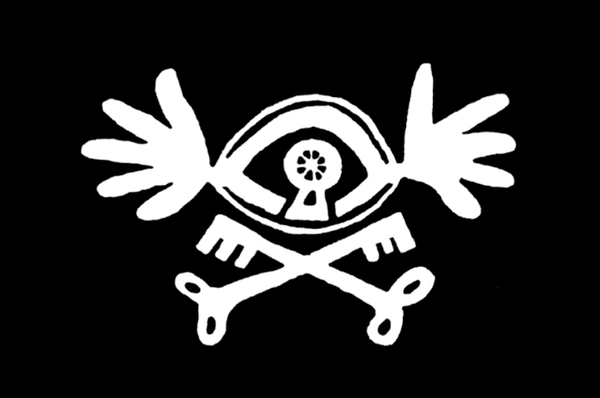475 Park Avenue South, 6th Floor, New York, NY, 10016
Monday - Friday
11:00am - 5:00pm

Est. 1961.
"The coolest film organization in the world." —John Waters

The Film-Makers’ Cooperative (a.k.a. New American Cinema Group) is the largest archive and distributor of independent and avant-garde films in the world. Established in 1961 by a group of 22 path-breaking moving image artists (including Andy Warhol, Jonas Mekas, Shirley Clarke, and Stan Brakhage), the Coop has more than 5,000 films, videotapes, and DVDs in its collection.
475 Park Avenue South, 6th Floor, New York, NY, 10016
Monday - Friday
11:00am - 5:00pm